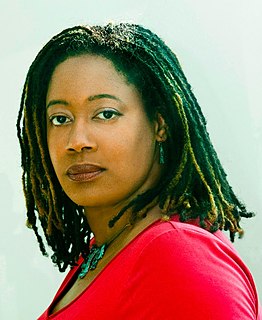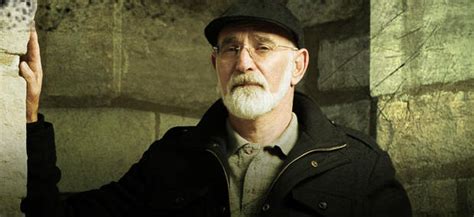A Quote by Sadie Robertson
Do not see the world as dark, see it as light. When you find darkness bring the light into it. The way to remove darkness is to shine light on it.
Related Quotes
Once again you are wrong sir, darkness does not exist either. Darkness is in reality the absence of light. Light we can study, but not darkness. In fact we can use Newton's prism to break white light into many colors and study the various wavelengths of each color. You cannot measure darkness. A simple ray of light can break into a world of darkness and illuminate it. How can you know how dark a certain space is? You measure the amount of light present. Isn't this correct? Darkness is a term used by man to describe what happens when there is no light present.
Light is shallow; darkness is infinitely deep. Light is always bounded, it has boundaries. Darkness has no boundaries, it is unbounded. Light comes and goes; darkness always is. When there is light you cannot see it. When light is not there you can see it. But it is always there; you cannot cause it. Light has a cause. You burn the fire, you put on wood. When the wood is finished the light will be gone. It is caused, hence it is an effect. But darkness is not caused by anything, it is not an effect. It is uncaused eternity.
Darkness is a lower energy than light, and when you bring light to the presence of darkness you don't have to warn it, you don't have to tell it that it has to get away. It can't survive. Light dissolves darkness. And so does love dissolve hate and so does joy dissolve sadness and so does faith dissolve doubt and so on.
...when seeking material light, remember the spiritual light which is indispensable for the soul, and without which it remains in the darkness of the passions, in the darkness of spiritual death. 'I am come as a light into the world,' says the Lord, 'that whosoever believeth on Me, should not abide in darkness' (Jn. 12:46).
The difference between the "natural" individuation process, which runs its course unconsciously, and the one that is consciously realized is tremendous. In the first case, consciousness nowhere intervenes; the end remains as dark as the beginning. In the second case, so much darkness comes to light that the personality is permeated with light and consciousness necessarily gains in scope and insight. The encounter between conscious and unconscious has to ensure that the light that shines in the darkness is not only comprehended by the darkness, but comprehends it.



































